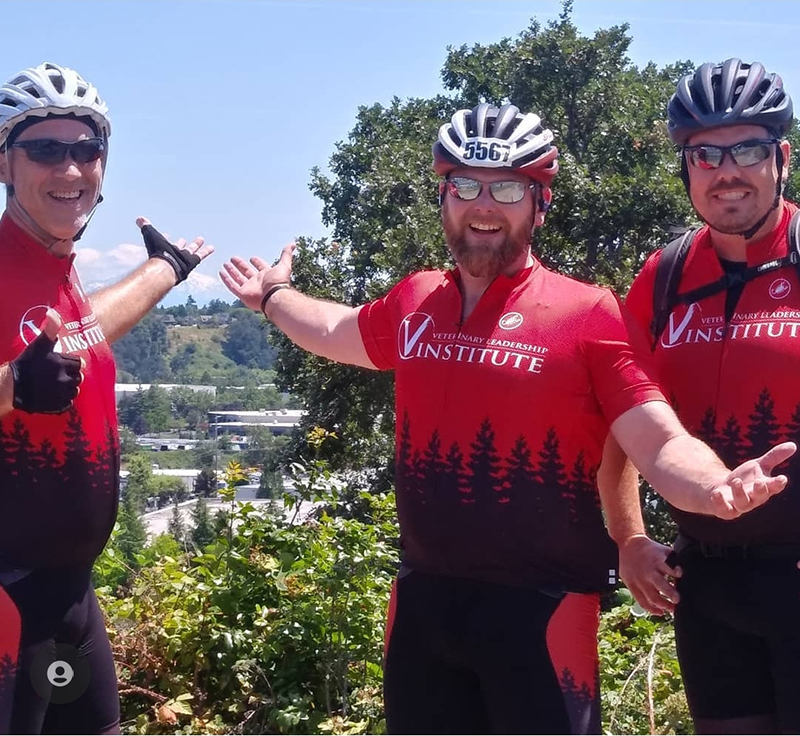
Passionate Veterinarian
Like so many other veterinarians, Dr. Seth Vredenburg’s desire to work with animals started at an early age.
But after working long hours in a high-volume practice, he started to notice a change in his behavior. His attitude toward the profession he had longed dreamed of was changing.
“I didn’t know it just yet, but I was suffering from burnout, compassion fatigue, adrenal fatigue, moral stress – all sorts of things,” Vredenburg said.
Vredenburg needed a change in his life. Working for Banfield Pet Hospital, he did an about face and secured a position with his company on the Talent and Learning team.
“When I stepped away from clinical practice, I knew I wasn’t ‘well.’ I didn’t fully understand what it meant, but I knew I had to do something different with my degree. Getting away from working in a clinic my best option,” he said.
He’s proud of the work he did on the Banfield team and the veterinarian profession as a whole. He helped change the company’s DVM onboarding, developed organizational wide competencies, and worked with the medicine team to develop new training specific to anesthesia.
But more than anything else, Vredenburg is proud of the work he did on compassion fatigue.
“Compassion fatigue is the result of working very hard and caring very much and not recognizing and taking care of our own needs,” he said. “It doesn’t make us lesser doctors or lesser professionals. It just makes you human.”
That realization hit home – it was what he had been suffering while working on the clinic floor.
One of the first projects Vredenburg created on Banfield’s Talent and Learning team was a round table on compassion fatigue to help individuals who were not veterinarians.
“It is important for others to have a better understanding of what compassion fatigue is and how to support those affected,” Vredenburg said. “While I never got to the point of considering suicide, my anxiety and depression were very difficult to manage and move through.
“Being out of the clinic helped, but what really helped was being able to share my personal journey, in hopes of helping others. Being able to tell my story helped me the most in being able to move forward and let down some of the baggage that comes along with the profession and practice.”
Vredenburg speaks candidly about his struggles at conferences and at various veterinary colleges across the country. He believes it is important for veterinary students to understand the different types of stressors they will face.
“Understanding yourself and how you manage emotions, deal with anxiety and let go of moral stress is so important for your future success as a practicing veterinarian,” he said. “I believe it’s probably even more important than remembering every single thing from microbiology or the name of every muscle in the body.”
Right before COVID-19 hit, Vredenburg switched jobs within Banfield and he is now a telehealth vet with the company. He works from his Lincoln, Nebraska, home allowing him to spend more time with his family.
But regardless of his position, Vredenburg wants to focus not only on his health and wellbeing, but those throughout the veterinary profession.
“At the end of the day, it is about drawing boundaries and allowing situations to slide away, just as the day has, knowing there will be new challenges tomorrow,” he said.

